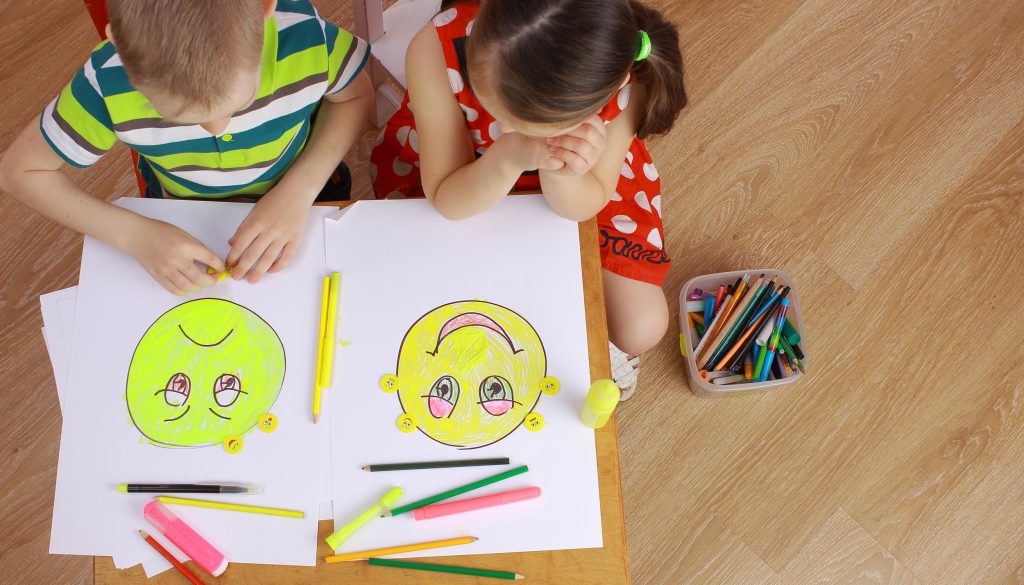How Parents Can Help with Social Emotional Development

Fostering social emotional skills in our children requires many of the same strategies that we use to help our kids gain any life skill– establishing a trusting relationship, modeling, and practice. Social-emotional development takes years, but research shows that this development influences a child’s self-confidence, empathy, and the ability to develop meaningful and lasting friendships and partnerships. Unlike walking or talking, which normally develops naturally in a child with little assistance, social and emotional intelligence must be fostered.
What is Social and Emotional Development?
Social and emotional development means how children start to understand who they are, what they are feeling and what to expect when interacting with other people. It is the development of being able to identify, manage and express emotions, form and uphold positive relationships and engage with the world around them.
Ways to Help Your Child:
- Establish a Trusting Relationship A trusting and caring caregiver–child relationship is essential for children’s optimum development. You can create trusting relationships with your children by consistently offering warmth, affection, respect, and care.
- Model Social Emotional Skills Model these skills through your own behavior and the language you use. Children absorb all they hear and see. Modeling the behavior, you want to foster is one of the easiest ways to reinforce it. Showing your affection for your toddler through the day with hugs, talking, and reading together. Show empathy and kindness when you interact with others. Acknowledge and name your and your child’s emotions. Helping your child assign a name to their feelings helps them feel understood.
- Practice Social Emotional Skills You can also allow your children many opportunities to practice their emotional skills through games, interactions, and play. Encourage your child to try new things without pushing too hard. Let them know you are proud of their accomplishments. Provide opportunities for your child to interact with others.
Although it may be easier for parents and caregivers to identify their child’s physical needs, a child’s mental and emotional needs may be a little less obvious but just as important. These skills allow children to think clearly, develop socially and affect their capacity to develop and live a fulfilling life.





